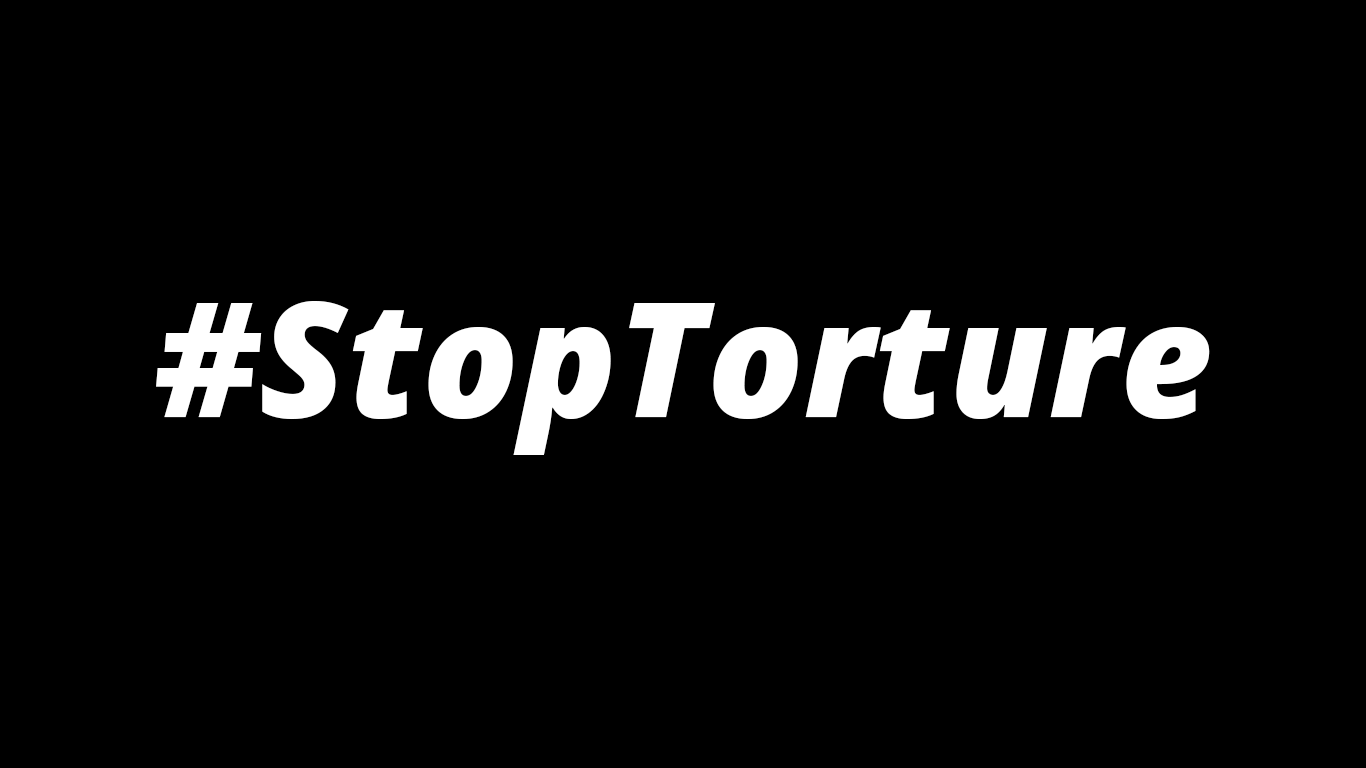On Monday November 5, ICLMG National Coordinator, Tim McSorley, appeared in front of the Senate Standing Committee on National Security and Defence regarding Bill C-21, an Act to Amend the Customs Act, which allows the sharing of Canadian travelers’ exit data between the US and Canada. In short, we told the Senate Commitee:
We believe the best solution would be to not collect travelers’ data en-masse, since restrictions in C-21 could be negated by powers granted in other legislation. Instead, we believe that security agencies should focus efforts on improving data collection on an as-needed basis. We therefore are opposed to the provisions of Bill C-21 that would lead to the default collection of all travelers’ information by the CBSA.
Here is Tim’s full presentation:
Thank you to the Committee for inviting me to present on behalf of the 45 member organizations of the International Civil Liberties Monitoring Group coalition.
While we recognize that there are three overarching reasons for Bill C-21 – national security, law enforcement and social policies – our focus is on national security.
Over the past 15 years, the ICLMG has been critical of proposals that further integrate Canadian border security with United States border security, which has been a near constant project since Sept. 11, 2001. In particular, we have paid attention to the impact that increasing border security can have on Canadians’ rights and freedoms, including around privacy rights, the right to movement and freedom of expression.
While we are not opposed to cooperation on security, we believe that such intensive security harmonization undermines Canada’s ability to set security policies according to Canadians’ priorities and concerns, and to adequately protect Canadians’ civil liberties as set out by the Charter of Rights and Freedoms.
The concerns have not been unfounded, as we have seen instances of security and border agreements that either follow the United States’ lead and/or are negotiated with little public input or debate.
The bill must also be considered in the context of Canada’s ever growing information collecting and sharing regimes, both domestically and internationally. The Canadian government now collects more data on its residents than ever before, and participates in unprecedented international intelligence sharing partnerships, such as the Five Eyes alliance. Such expansion gives rise to greater concerns over privacy protections and at a minimum, a chill on other rights. Continue reading



